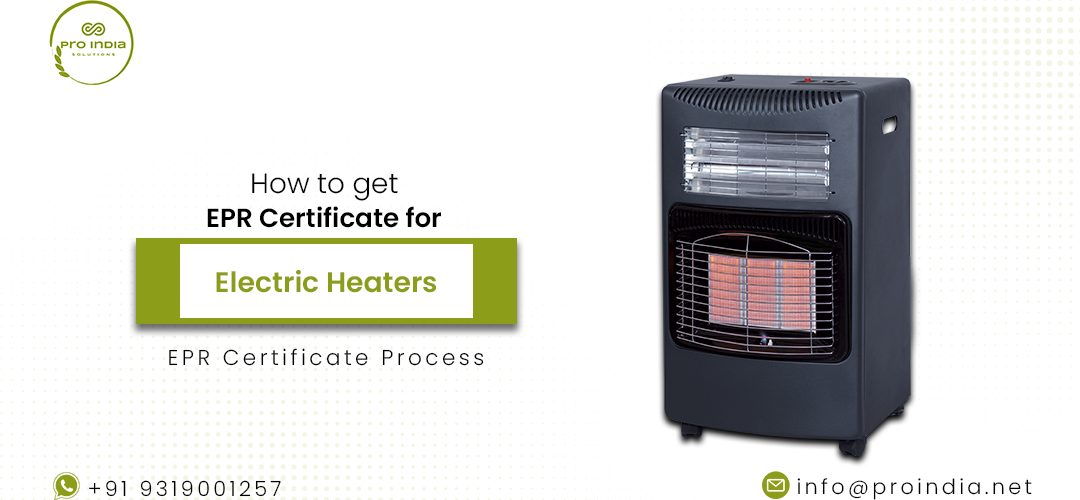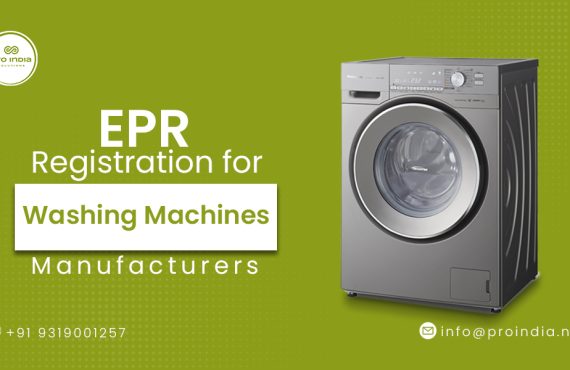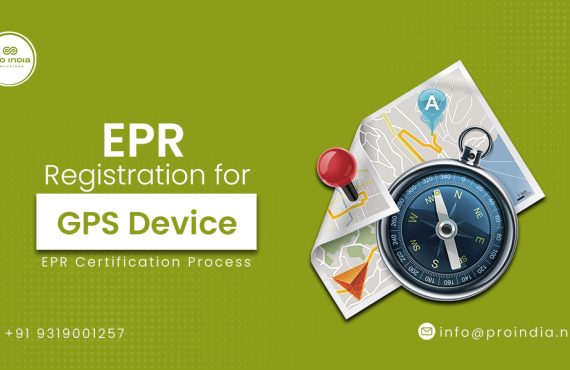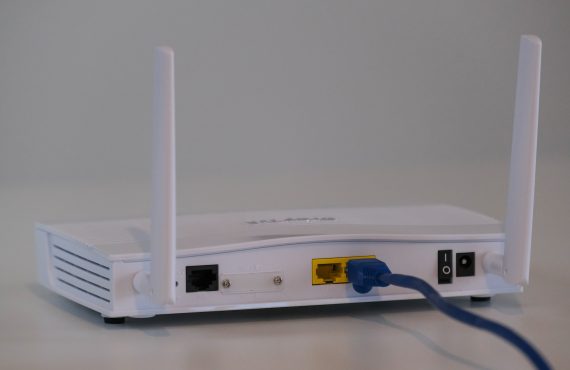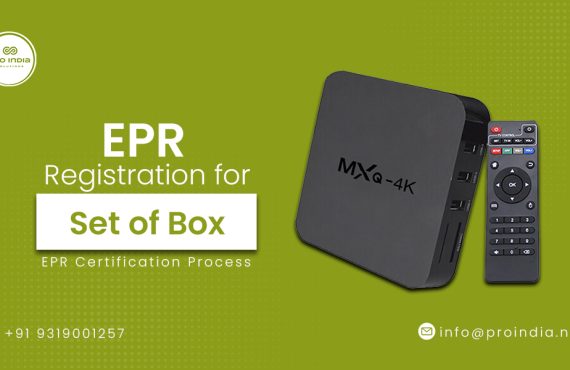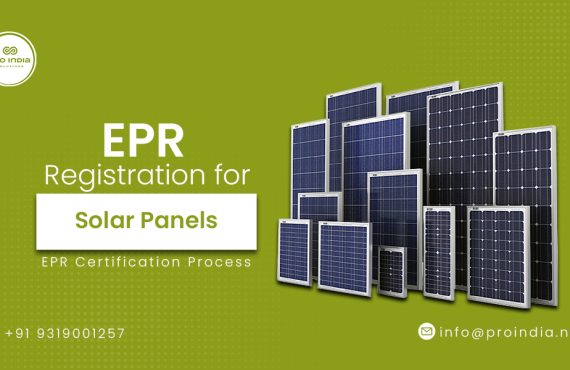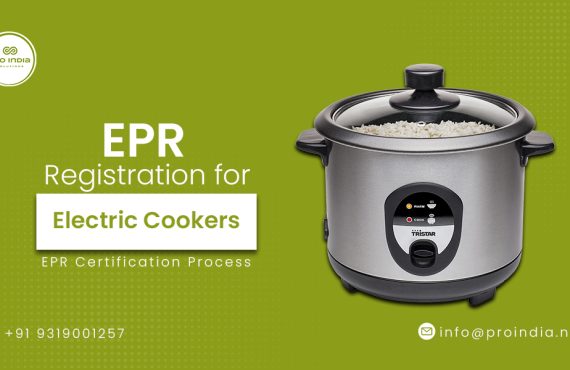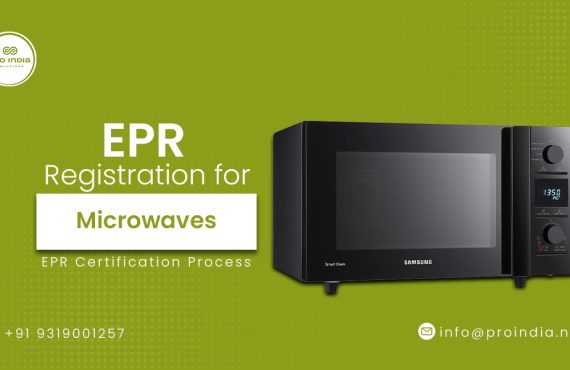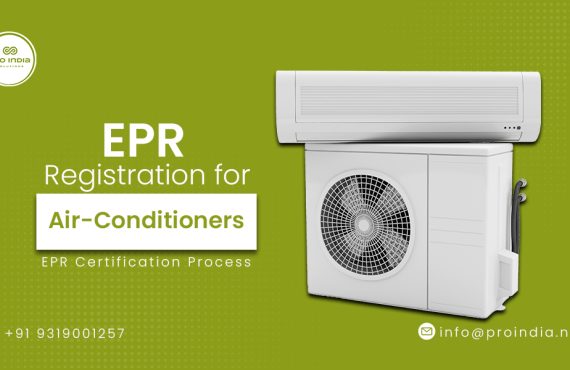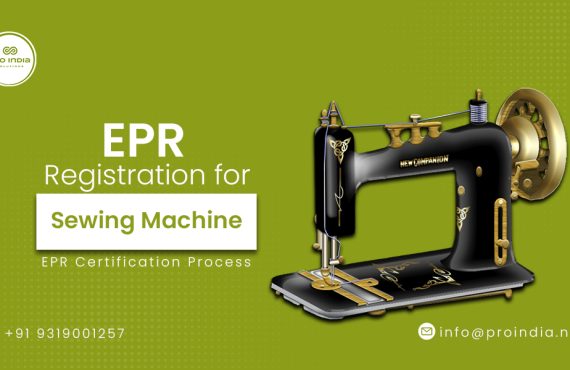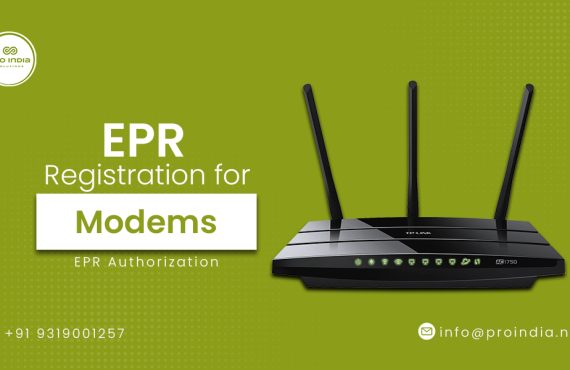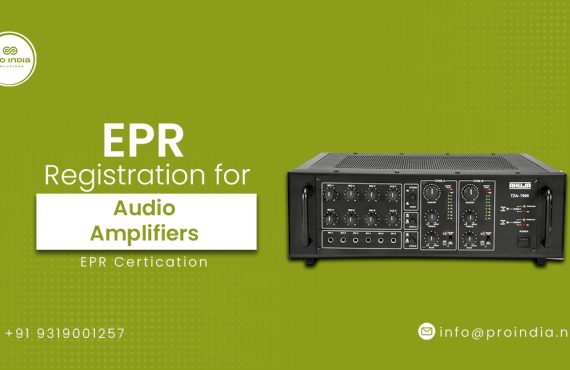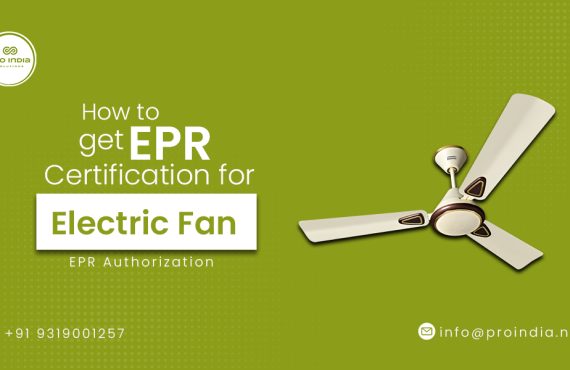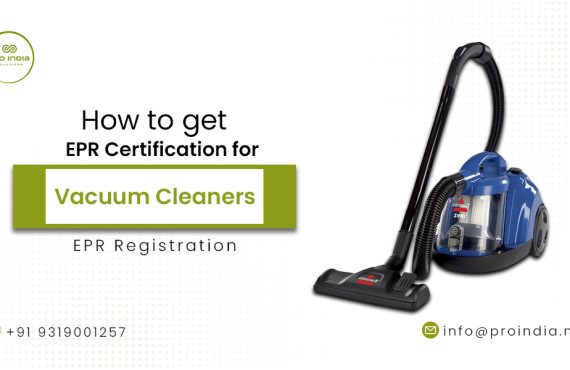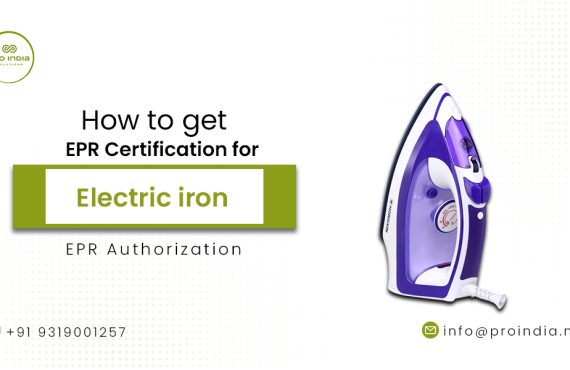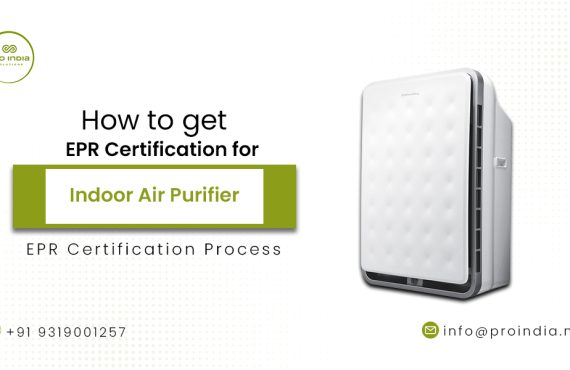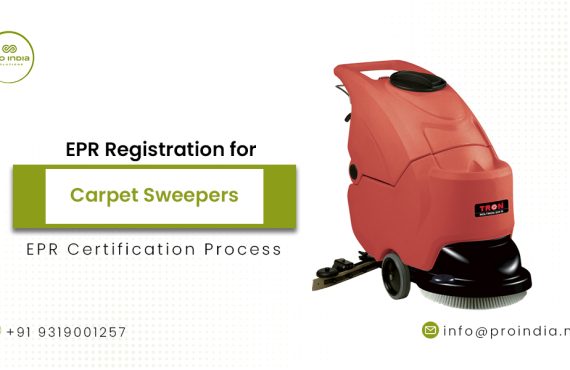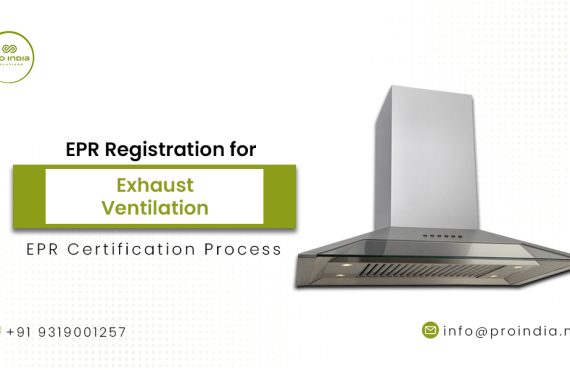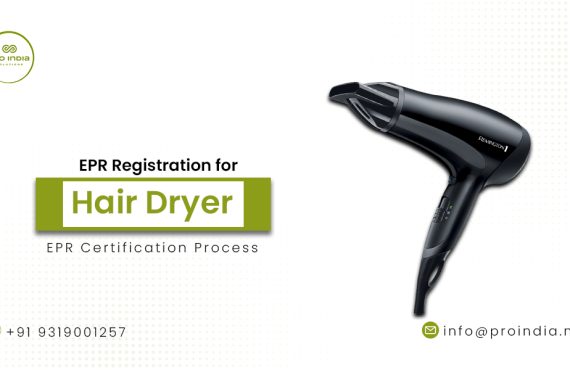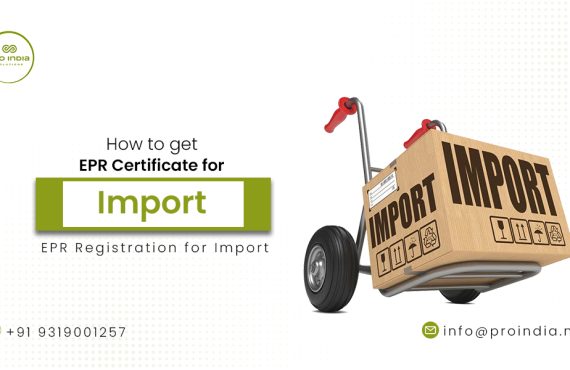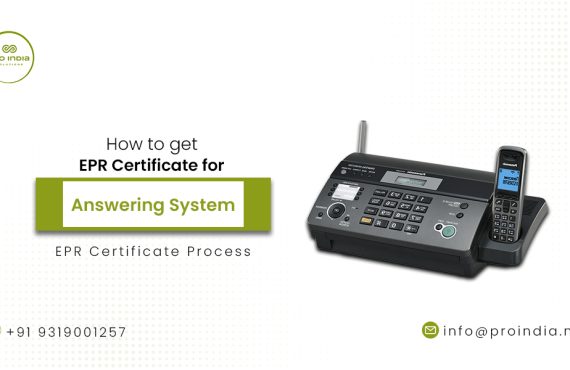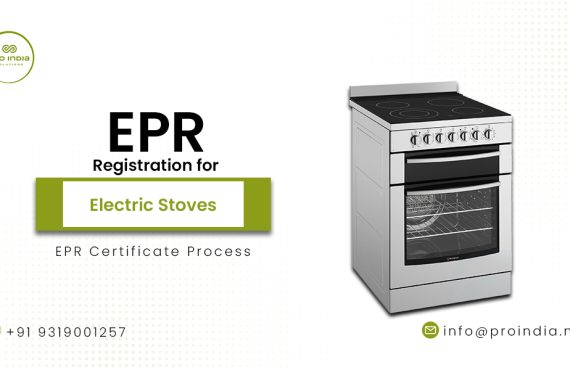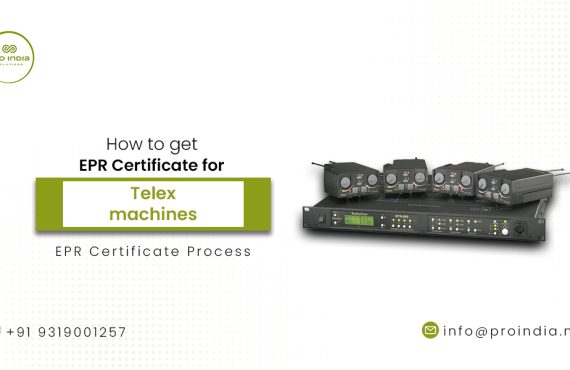Introduction:
Due to their effectiveness and environmental friendliness, electric heaters are becoming more and more common in both home and business settings. Governments and regulatory organizations, however, have introduced Extended Producer Responsibility (EPR) programs to ensure the correct disposal and recycling of electrical and electronic equipment in response to the growing concern for environmental sustainability. This paper will provide a thorough overview for producers and distributors of electric heaters on the EPR registration and certification procedure.
- Understanding EPR Certification:
- In this section, you explain the concept and significance of EPR (Extended Producer Responsibility) certification. You discuss how it relates specifically to electric heaters and highlight the environmental benefits associated with EPR certification.
- Applicability of EPR Certification to Electric Heaters:
- Here, you explore the environmental impact of electric heaters and how they fit into the regulatory landscape. You discuss relevant regulations, standards, and requirements specific to electric heaters.
- Key Steps in the EPR Certification Process for Electric Heaters:
- This section outlines the step-by-step process involved in obtaining EPR certification for electric heaters. Each step is described in detail, including research, identifying regulations, documentation, application submission, audit, verification, and ultimately the issuance of the EPR certificate.
- EPR Certification Agencies and Accreditation Bodies:
- Here, you provide information about recognized certification bodies that offer EPR certification for electric heaters. You discuss the importance of accreditation and highlight the relevant standards and validity.
- Compliance with Environmental Regulations:
- In this section, you delve into the specific environmental compliance requirements for electric heaters. You discuss aspects such as waste management, disposal, and other environmental considerations that electric heater manufacturers need to address.
- Common Challenges and Tips for Successful EPR Certification:
- This section addresses common challenges that may arise during the EPR certification process for electric heaters. You provide practical tips and strategies for overcoming these challenges and ensuring a successful certification outcome.
- Benefits of EPR Certification for Electric Heater Manufacturers:
- Here, you highlight the benefits that electric heater manufacturers can gain from obtaining EPR certification. This includes environmental stewardship, enhanced reputation, increased consumer confidence, and improved market access due to regulatory compliance.
- EPR Certification Renewal and Ongoing Compliance:
- In this section, you discuss the renewal requirements and timelines for EPR certification. You also explore the importance of monitoring and maintaining ongoing environmental compliance to ensure the continued validity of the certification.
- How to get an epr certificate for an electric heater:
- Obtaining an Energy Performance Rating (EPR) certificate for an electric heater is a straightforward process that helps users understand the energy efficiency of their heating device. The EPR certificate serves as a valuable tool in assessing the heater’s performance, allowing consumers to make informed decisions about their energy consumption.To begin, it is essential to engage the services of a certified energy assessor who specializes in evaluating heating systems. This professional will conduct a thorough assessment of the electric heater, considering various factors such as its size, power output, and energy consumption patterns. The assessor will also evaluate the device’s insulation, thermostat controls, and any additional features that contribute to its overall energy efficiency.
During the assessment, the energy assessor will collect relevant data, including the heater’s power consumption and performance metrics. They may also take into account the manufacturer’s specifications and any user manuals provided. This information helps in determining the heater’s energy efficiency and its impact on the environment.
Once the assessment is complete, the energy assessor will generate an Energy Performance Rating (EPR) certificate for the electric heater. This certificate is a document that outlines the device’s energy efficiency rating and provides a clear indication of its performance. It typically includes details such as the heater’s energy consumption, annual operating costs, and overall efficiency rating.
The EPR certificate acts as a valuable resource for consumers, enabling them to compare different electric heaters and make informed decisions based on energy efficiency. It helps users understand the potential energy savings and environmental impact associated with each heating option, allowing them to choose the most suitable heater for their needs.
Conclusion:
By understanding the EPR registration and certification process for electric heaters, manufacturers and distributors can ensure compliance with environmental regulations, minimize their impact on the environment, and unlock new business opportunities. While the process may seem daunting at first, with proper knowledge and guidance, it becomes a manageable and beneficial endeavor.
Contact our experts now to meet your compliance requirements


